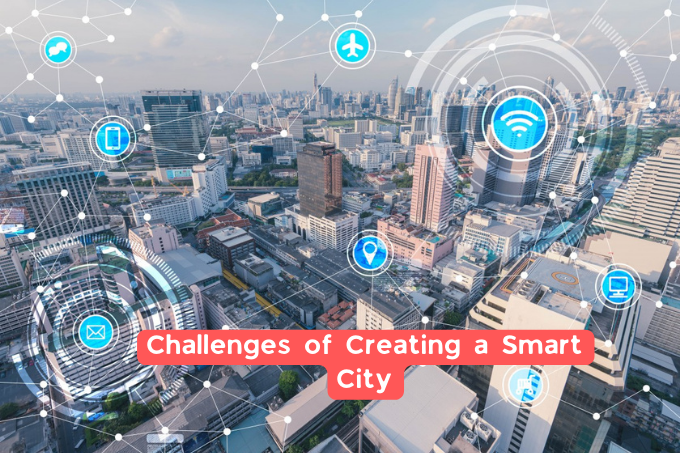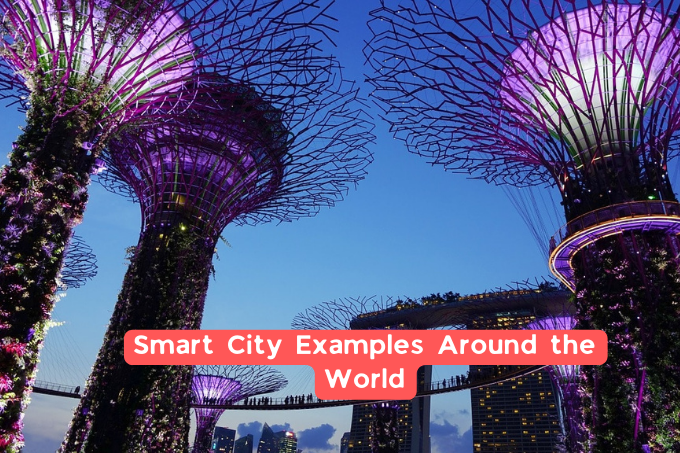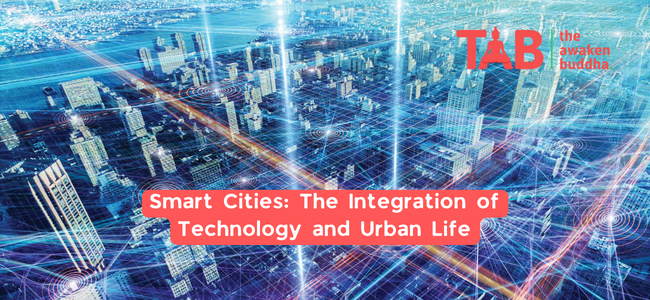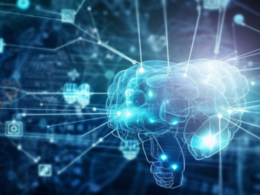Introduction
Urbanization is on the rise, and it is estimated that by 2050, nearly 70% of the world’s population will live in cities. As cities grow, so do the challenges they face. Traffic congestion, pollution, and energy consumption are becoming increasingly problematic. This is where the view of smart cities comes in. Smart cities leverage technology to improve urban life, making it more sustainable, efficient, and convenient.
1. What is a Smart City?
A smart city is a city that exploits technology to upgrade the quality of life for its residents. Intelligent cities utilize data and information communication technologies (ICT) to manage resources efficiently and reduce waste. This includes transportation and energy usage waste management and public safety. The target of a smart city is to mack a more sustainable and livable urban environment.
2. Benefits of Smart Cities
There are many perks to creating a smart city. One of the most important benefits is expanded efficiency. Smart cities can optimize resource usage, reducing waste and improving overall efficiency. This results in worthwhile savings for both the city and its residents.
Another benefit of smart cities is improved sustainability. Smart cities can reduce their environmental impact by implementing sustainable practices such as energy-efficient buildings, renewable energy sources, and intelligent waste management systems.
Smart cities also improve the quality of life for their residents. Smart cities can provide more convenient and reliable services by using technology to optimize transportation and public services. This includes everything from intelligent traffic management to public transportation systems that are better integrated with other modes of transportation.
3. Challenges of Creating a Smart City

Despite the many benefits of creating a smart city, significant challenges must be addressed. One of the largest challenges is the cost of implementing new technologies. Developing a smart city requires significant investment in both infrastructure and technology. This can significantly limit many cities, especially in developing countries.
Another challenge is ensuring that the technology used in smart cities is accessible to all residents. There is a risk that smart cities could exacerbate existing social inequalities by providing unequal access to technology and services.
4. Technologies Used in Smart Cities
Many different technologies can be used to make cities smarter. The most important is the Internet of Things (IoT). The IoT refers to the grid of physical devices, vehicles, structures, and other objects embedded with sensors, software, and connectivity. By connecting these devices to the internet, smart cities can collect and analyze data, providing valuable insights into how resources are used and how services can be optimized.
Other essential technologies in smart cities include artificial intelligence (AI), machine learning, and large data analytics. These technologies process and analyze large amounts of data generated by IoT devices, enabling cities to make more informed decisions.
5. Smart City Examples Around the World

There are many innovative city initiatives worldwide, each with its unique approach to leveraging technology to improve urban life. One example is Singapore’s Smart Nation initiative, which aims to transform the city-state into a fully integrated, intelligent city. The initiative includes projects such as a national sensor network, an intelligent traffic management system, and a digital identity system for all citizens.
Another example is Barcelona, which has implemented several intelligent city projects to improve residents’ quality of life. These projects include innovative waste management systems, an intelligent lighting system, and an innovative parking system that helps reduce traffic congestion.
6. The Future of Smart Cities
The future of intelligent cities is promising. As technology evolves, cities can leverage new tools and solutions to improve urban life. For example, developing 5G networks will enable faster and more reliable data transmission, allowing cities to implement more advanced IoT solutions.
AI and machine learning will likely be increasingly crucial in innovative city development. These technologies will enable cities to analyze data in real time and generate more informed decisions about resource allocation and service provision.
7. The Importance of Citizen Involvement in Smart City Development
Citizen involvement is crucial for the success of innovative city initiatives. Citizens must be engaged in planning and developing innovative city projects to ensure their needs and concerns are considered. This includes everything from providing feedback on proposed projects to participating in community consultations and workshops.
8. Privacy and Security Concerns in Smart Cities
As cities become more connected and data-driven, there are growing concerns about privacy and security. Innovative city technologies generate large amounts of data, much of which is sensitive or personal. Cities must have robust privacy and security policies to protect this data and establish it is used ethically.
Conclusion
Smart cities represent an exciting opportunity to improve urban life and create more sustainable and efficient cities. While significant challenges must be addressed, the benefits of innovative city development are clear. With suitable investments in technology and infrastructure, cities can leverage data and ICT to create more livable and equitable urban environments.
FAQs
1. What is the explanation of a smart city?
A smart city is a city that exploits technology to upgrade the quality of life for its residents.
2. What are some examples of smart city technologies?
Innovative city technologies include the Internet of Things (IoT), artificial intelligence (AI), machine learning, and big data analytics.
3. What are the benefits of smart cities?
Smart cities can improve residents’ efficiency, sustainability, and quality of life.
4. What are the challenges of creating a smart city?
Challenges include the cost of implementing new technologies and ensuring that all residents have equal access to technology and services.
5. Why is citizen involvement significant in innovative city development?
Citizen involvement is crucial to ensure that innovative city projects are designed with the needs and concerns of residents in mind.










